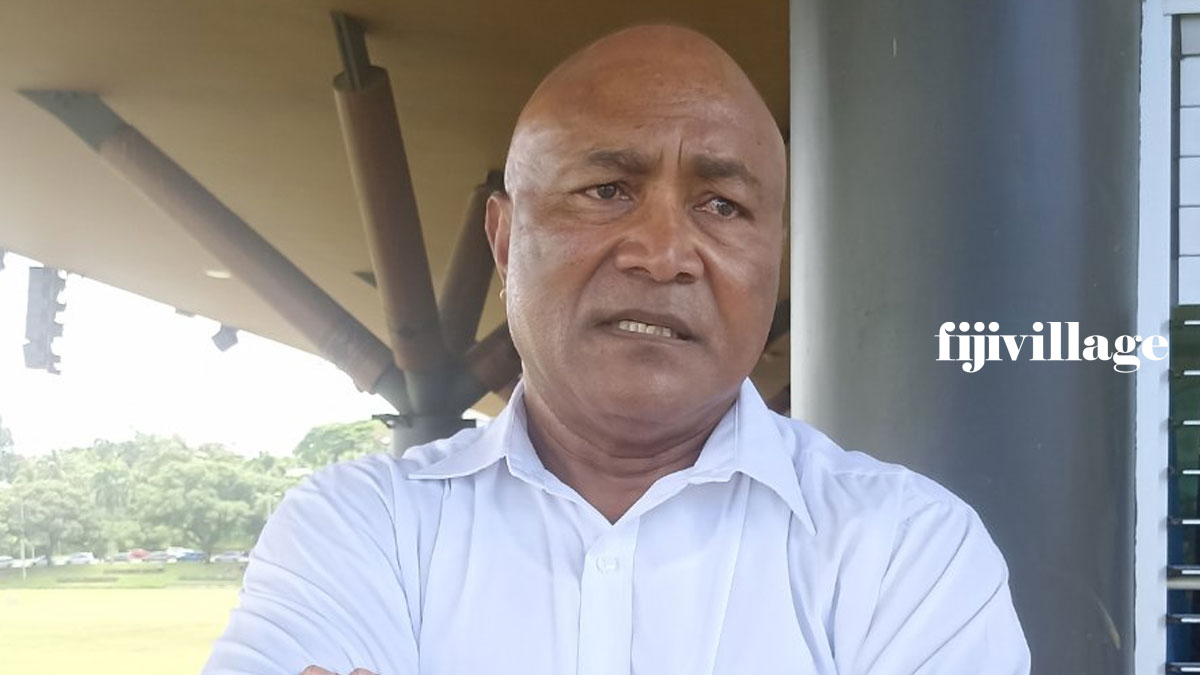
People in Fiji have become more desensitized to trauma, particularly when it comes to violence against women and children and while emotional wounds from past events continue to affect communities, many have become numb to these issues, making it even harder to heal and move forward.
This concern was raised by psychologist specialized in post traumatic stress disorder Ioane Sigarara at the first-ever Trauma Workshop held at Albert Park today.
While speaking to fijivillage News, Sigarara says tolerance of suffering is a serious issue that prevents the country from healing.
He says psychological trauma is often more harmful than physical wounds.
Sigarara reveals that more soldiers died by suicide than in combat, due to untreated emotional pain.
He says he is leading workshops and closed group sessions to help people process their trauma in a safe, confidential environment.
He further says trauma can be passed down through generations but he is encouraging people to share their experiences in ways that don't retraumatize others.
While speaking at the workshop, Assistant Minister for Women, Children and Social Protection and Chair of the Truth and Reconciliation Committee Sashi Kiran says Fiji is still dealing with the deep trauma caused by political upheavals over the past 37 years including coups, mutiny ,looting and violence which continues to affect communities and is passed down through generations and still shakes people to the core.
She says over the years around the world, more than fifty countries have established Truth and Reconciliation Commissions.
Kiran says one of the major purposes of these initiatives was to resolve historical injustices and abuses through public hearings, truth-telling and reconciliation between victims and perpetrators, as a way of moving beyond the painful past towards a peaceful future.
She says Fiji’s will be established in a way that is relevant to our cultural and historical context.
She further says the Truth and Reconciliation Bill is before the Parliament and will be debated in the next session.
Kiran adds once the Bill is passed, the President will appoint the Truth and Reconciliation Commission.
She says that the Commission will have five Commissioners, and the Chairperson will be an expert from abroad to ensure transparency.
Kiran says the central purpose of this initiative will be aimed at promoting reconciliation and healing among various groups and political affiliations through full disclosure of truth in safe and enabling spaces.
She says it is hoped that many who have suffered gross human rights violations, along with their families and communities, will find healing and closure.
Meanwhile, when asked by fijivillage News about how the Sanatan Dharm Nari Sabha deals with traumatized women, the Treasurer and Justice of Peace of the Nasinu Branch, Lalita kumari says they provide advice for home-related problems, although it doesn’t always work.
She says they haven’t had to involve the police but sometimes reach out to the Justice of the Peace for welfare assistance.
Kumari says their branch has 13 mothers' club affiliates, with about 150 to 200 members, most of whom are working.
She says despite their busy schedules, they find time to meet and support each other.
Kumari says while not offering professional counseling, the group encourages talking and sharing, ensuring that discussions are confidential.
Kumari urges women to speak up, not fear sharing their struggles and to invest time in positive activities that promote well-being, instead of letting stress take over their lives.
Stay tuned for the latest news on our radio stations


